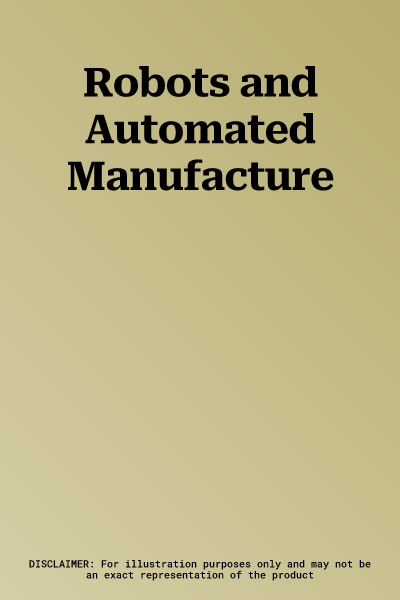Robots and Automated ManufactureHardcover, 30 June 1985

Qty
1
Turbo
Ships in 2 - 3 days
In Stock
Free Delivery
Cash on Delivery
15 Days
Free Returns
Secure Checkout

Part of Series
Control, Robotics and Sensors
Part of Series
Iee Control Engineering
Part of Series
Control
Print Length
248 pages
Language
English
Publisher
Institution of Engineering & Technology
Date Published
30 Jun 1985
ISBN-10
0863410537
ISBN-13
9780863410536
Description
Product Details
Book Format:
Hardcover
Country of Origin:
GB
Date Published:
30 June 1985
Dimensions:
23.39 x
15.6 x
1.6 cm
ISBN-10:
0863410537
ISBN-13:
9780863410536
Language:
English
Location:
Stevenage
Pages:
248
Publisher:
Weight:
526.17 gm